In an increasingly connected world, securing your personal information is no longer a choice but a necessity. Public Wi-Fi networks, hotspots, and free access points provide convenience but also pose significant risks. Hackers and cybercriminals exploit these networks to intercept sensitive data, leaving users vulnerable to identity theft, fraud, and other malicious activities. While this might sound alarming, understanding the risks and taking proactive steps can significantly reduce your vulnerability. Here are ten actionable tips to protect yourself against data interception.
Understand the Risk of Public Wi-Fi
Not all public Wi-Fi networks are malicious, but assuming they are unsafe is a wise approach. These networks are often unsecured, making it easy for hackers to intercept data. To ensure your safety, avoid using public Wi-Fi for sensitive activities such as online banking, shopping, or accessing confidential information. If you must use such networks, limit your activities to low-risk browsing and avoid entering sensitive credentials.
Verify Wi-Fi Networks Before Connecting
Hackers often create fake Wi-Fi access points, known as Evil Twin networks, that mimic legitimate ones. These networks trick users into connecting and unknowingly sharing their data. Before connecting to a public Wi-Fi network, confirm its legitimacy. For example, if you’re in a café, ask the staff for the correct network name. Be cautious of generic names like "Free Wi-Fi Here," which are often used to lure unsuspecting users.
Check Websites for Authenticity
 // Cras eget sem nec dui volutpat ultrices.
// Cras eget sem nec dui volutpat ultrices.
When accessing websites, especially financial or e-commerce platforms, pay attention to subtle signs of spoofing. Fake websites may have spelling errors, outdated logos, or inconsistent layouts. If a trusted site looks different than usual, refrain from logging in until you are on a secure network. Bookmark important websites and always use those links rather than relying on search engine results, which might lead you to phishing sites.
Keep Security Software Updated
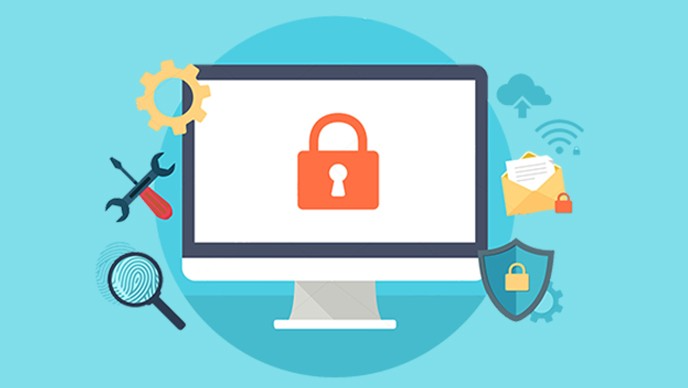 // Cras eget sem nec dui volutpat ultrices.
// Cras eget sem nec dui volutpat ultrices.
Antivirus and antimalware software are essential defenses against data interception. Ensure that your security software is up to date with the latest definitions before using public Wi-Fi. Hackers often exploit outdated systems, so having the latest updates significantly reduces your risk of falling victim to malware or spyware attacks.
Prioritize HTTPS Connections
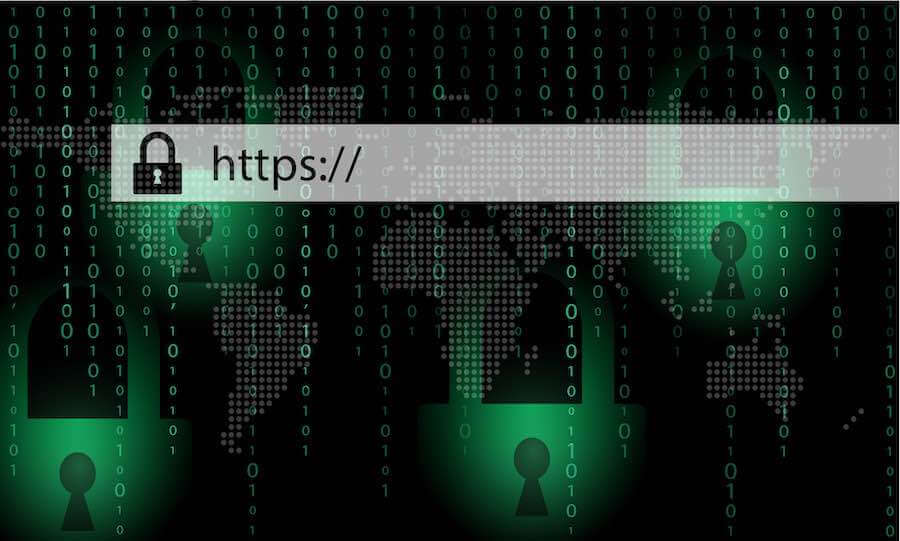 // Cras eget sem nec dui volutpat ultrices.
// Cras eget sem nec dui volutpat ultrices.
Always ensure that the websites you visit use HTTPS (HyperText Transfer Protocol Secure). This protocol encrypts the data exchanged between your browser and the website, making it difficult for hackers to intercept and decipher the information. Browser extensions like HTTPS Everywhere can force HTTPS connections wherever available, adding an extra layer of security.
Disable File Sharing
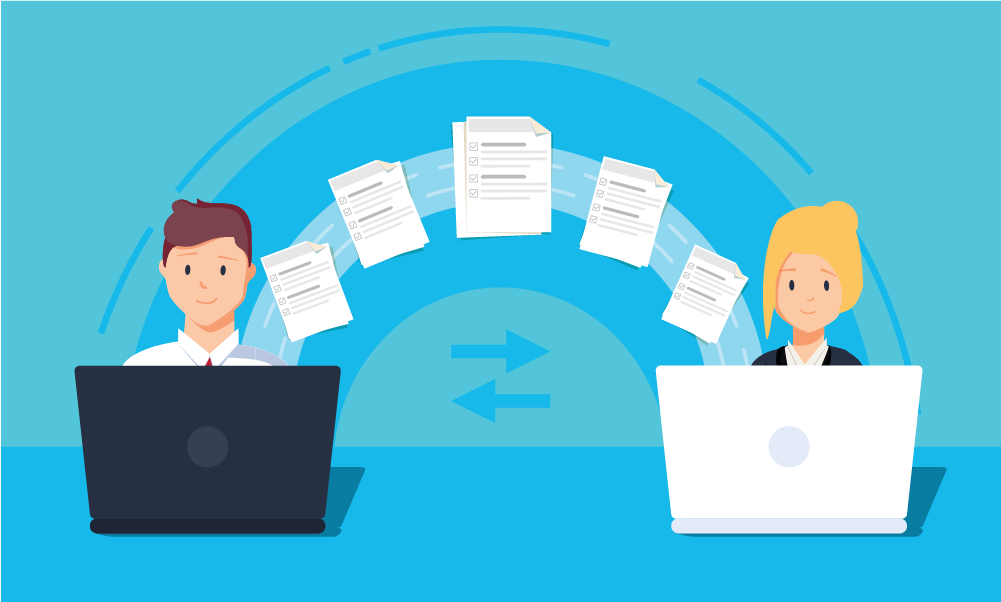 // Cras eget sem nec dui volutpat ultrices.
// Cras eget sem nec dui volutpat ultrices.
File sharing is a handy feature on trusted networks but can expose sensitive data when using public Wi-Fi. Disable file sharing settings on your laptop or device before connecting to public networks. This ensures that no one else on the same network can access your files, inadvertently or intentionally.
Turn Off Wi-Fi When Not in Use
Devices often automatically connect to available networks, which can lead to unintended risks. If you’re not planning to use public Wi-Fi, turn off your device’s Wi-Fi functionality. This simple action minimizes the chances of your device connecting to rogue networks or becoming visible to attackers.
Use a VPN for Enhanced Security
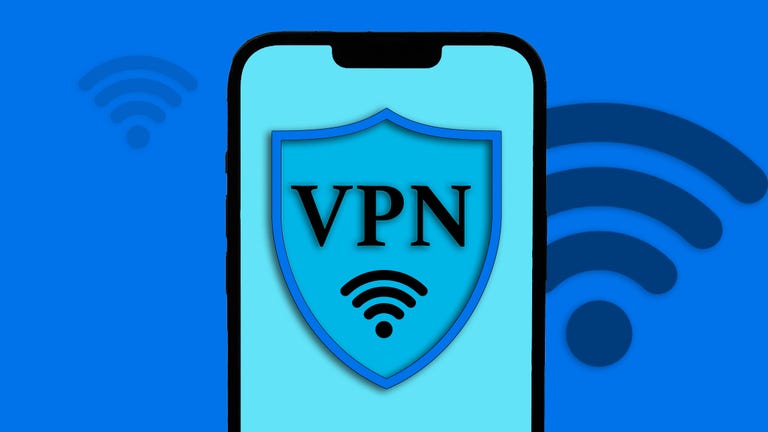 // Cras eget sem nec dui volutpat ultrices.
// Cras eget sem nec dui volutpat ultrices.
A Virtual Private Network (VPN) is one of the most effective tools for securing your online activities. A VPN encrypts all data transmitted between your device and the internet, making it nearly impossible for hackers to intercept and decode your information. While VPNs do not prevent interception, they ensure that intercepted data is useless to attackers. Choose a reputable VPN service with strong encryption protocols for maximum protection.
Be Aware of Shoulder Surfers
Physical security is just as important as digital security. Shoulder surfers—individuals who observe your screen or keystrokes—can capture sensitive information, such as passwords. Be vigilant about your surroundings when entering credentials. Shield your keyboard or device screen with your hand and frequently glance around to ensure no one is watching you.
Enable Two-Factor Authentication
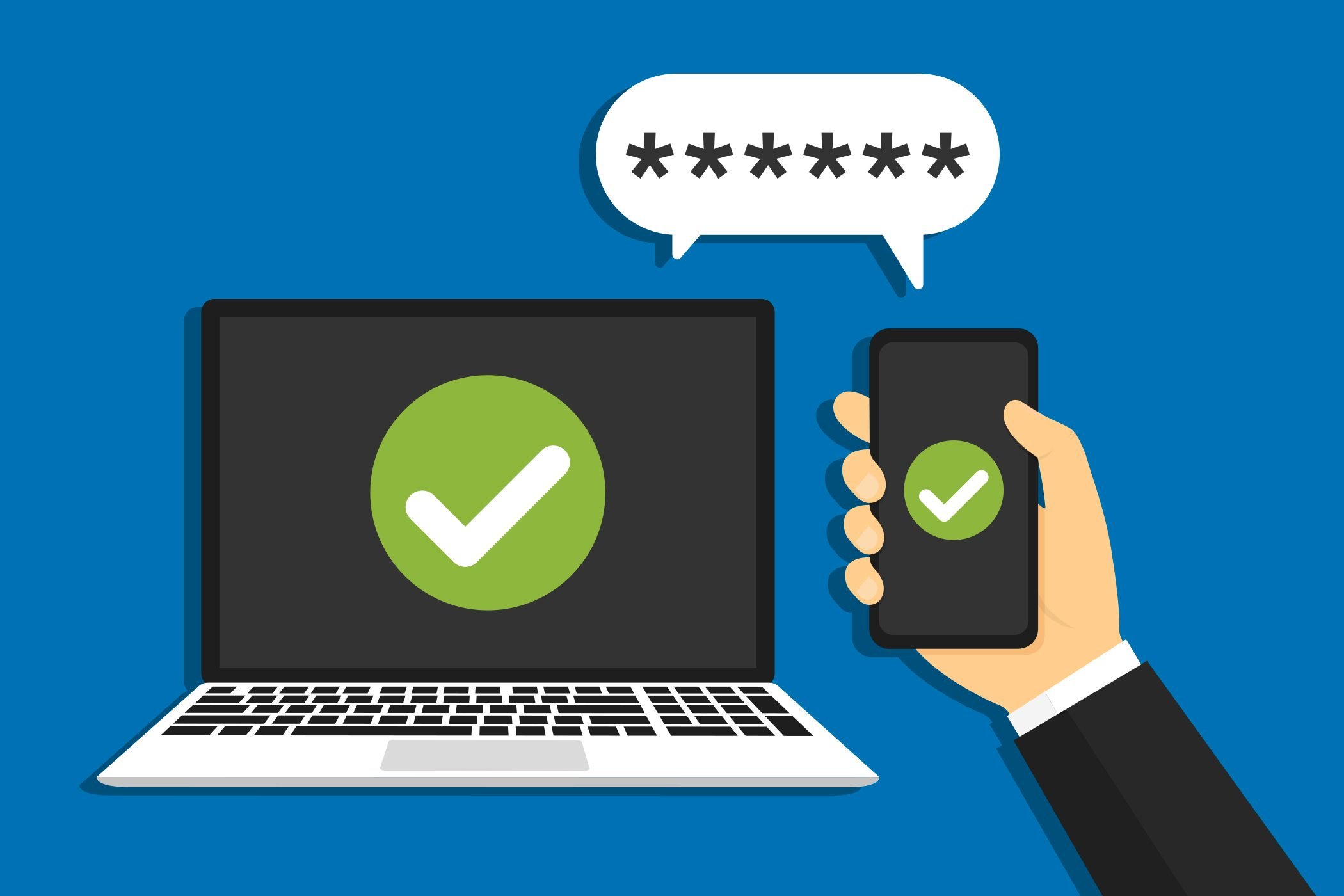 // Cras eget sem nec dui volutpat ultrices.
// Cras eget sem nec dui volutpat ultrices.

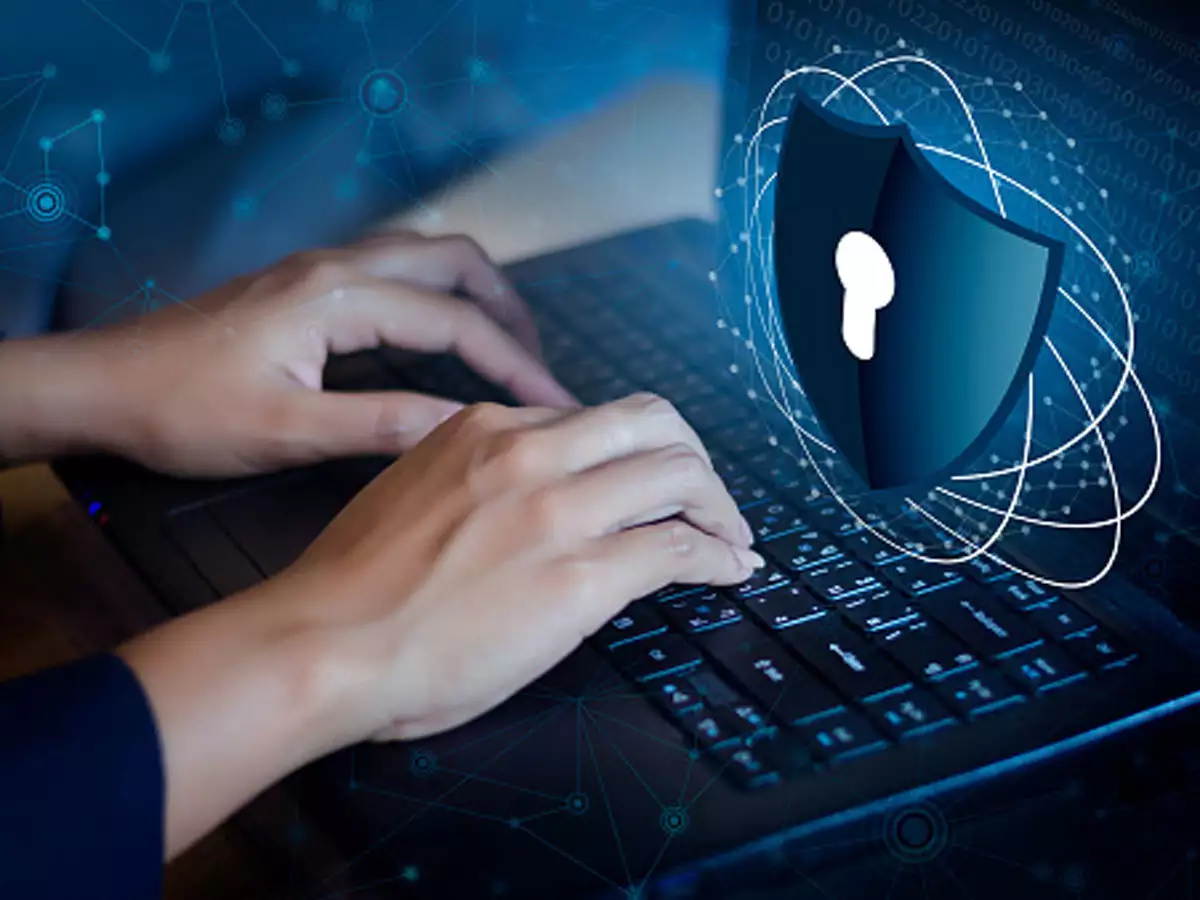
























0 Comments